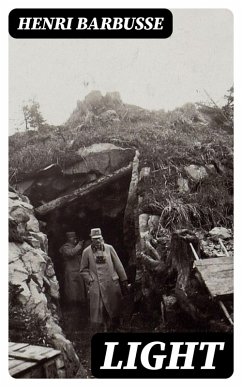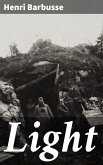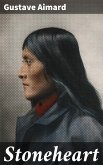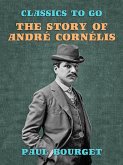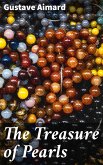Henri Barbusse's "Light" intricately weaves a narrative that delves into the nature of human perception and existential inquiry, marked by the author's distinctive expressionist style. The novel unfolds through a series of vivid, impressionistic scenes, presenting a philosophical reflection on the essence of reality and enlightenment. Set in the early 20th century, amidst a backdrop of burgeoning modernism and psychological exploration, Barbusse deftly employs rich symbolism and lyrical prose to challenge the reader's understanding of light-not merely as a physical phenomenon but as a metaphor for knowledge and spiritual awakening. Henri Barbusse, a prominent figure in French literature and a fervent pacifist, penned "Light" in the aftermath of World War I, a period that profoundly shaped his worldview. His experiences as a soldier, coupled with his ardent engagement in socialist thought and mystical philosophy, provide a compelling framework for the exploration of light in both a literal and metaphorical sense. Barbusse's literary contributions resonate with his commitment to uncovering deeper truths about the human condition, making this work a significant representation of his oeuvre. "Light" is an essential read for those interested in literary modernism, philosophical fiction, and the transformative power of understanding. Barbusse's eloquent prose invites readers to embark on an introspective journey that challenges their perceptions and inspires contemplation about the light that shapes our understanding of the world. This book is indispensable for anyone seeking a profound literary experience that resonates beyond the pages.
Dieser Download kann aus rechtlichen Gründen nur mit Rechnungsadresse in A, B, BG, CY, CZ, D, DK, EW, E, FIN, F, GR, H, IRL, I, LT, L, LR, M, NL, PL, P, R, S, SLO, SK ausgeliefert werden.
Hinweis: Dieser Artikel kann nur an eine deutsche Lieferadresse ausgeliefert werden.

